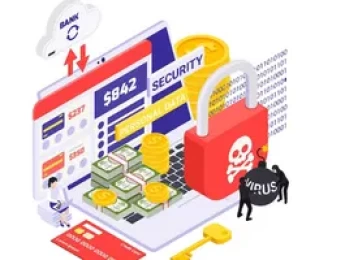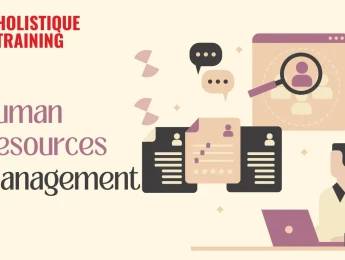Effective communication during a crisis is essential to maintaining an organization’s reputation and public trust. When crises arise, organizations must act swiftly to communicate key messages, manage public perception, and mitigate damage. Crisis communication is not just about damage control—it can also provide opportunities for organizations to strengthen their credibility and resilience.
The " The Power of Media in Crisis: Strategies for Public Image Control" course provides participants with both theoretical knowledge and hands-on experience in managing crisis communication strategies. Through real-world case studies, interactive simulations, and expert insights, participants will develop the skills needed to craft effective crisis messages, handle media interactions, and navigate the complex landscape of crisis management. By the end of this course, participants will be equipped with the tools to protect their organization’s image and communicate effectively in high-pressure situations.
By the end of this training course, participants will be able to:
- Understand the fundamentals of media relations and public affairs.
- Develop comprehensive crisis communication strategies.
- Analyze past crisis communication successes and failures.
- Implement best practices for managing media interactions and interviews.
- Utilize social media effectively in crisis communication.
- Craft clear and consistent messaging during crises.
- Manage misinformation and rumors effectively.
- Apply ethical principles in media crisis communication.
This course is designed for professionals responsible for managing communication and public relations during crises, including:
- Public relations specialists.
- Corporate communications professionals.
- Government officials and policymakers.
- NGO executives and advocacy leaders.
- Media and press officers.
- Spokespersons and crisis communication managers.
- Business executives and brand managers.
- Academics and researchers in communication and public policy.
This course adopts an interactive and dynamic approach, blending engaging lectures delivered by industry experts with real-world case study analysis to deepen understanding. Participants will actively engage in practical exercises and role-playing simulations, allowing them to apply key concepts in realistic scenarios. Group discussions and problem-solving activities foster collaboration and critical thinking, enhancing participants' ability to navigate media challenges. Additionally, digital tools for media crisis management will be integrated into the learning process, ensuring that participants gain hands-on experience with modern communication strategies in high-pressure situations.
Day 5 of each course is reserved for a Q&A session, which may occur off-site. For 10-day courses, this also applies to day 10
Section 1: Fundamentals of Media Relations & Public Affairs
- Defining media relations and public affairs in crisis contexts.
- Understanding the role of media in shaping public perception.
- Differentiating proactive and reactive media strategies.
- Identifying key stakeholders in crisis communication.
- Legal and regulatory considerations in crisis communication.
Section 2: Crisis Communication Strategies
- Identifying types of crises and their communication challenges.
- Conducting risk assessments and crisis preparedness planning.
- Crafting effective crisis communication messages.
- Choosing the right communication channels for crisis response.
- Managing spokespersons and internal communication strategies.
Section 3: Case Studies in Crisis Communication
- Analyzing successful crisis communication strategies.
- Examining crisis communication failures and lessons learned.
- Understanding the impact of crisis response on reputation management.
- Comparing industry-specific crisis communication approaches.
- Adapting communication strategies based on real-world insights.
Section 4: Handling Media Interactions & Interviews
- Preparing for media interviews during crises.
- Techniques for handling challenging questions.
- Managing press conferences and briefings.
- Creating compelling press releases and media kits.
- Developing follow-up strategies post-interaction.
Section 5: Social Media & Ethical Considerations in Crisis Communication
- Understanding the influence of social media in crisis scenarios.
- Strategies for monitoring and responding to online discussions.
- Developing a social media crisis management plan.
- Ethical challenges in crisis communication.
- Balancing transparency and confidentiality.
- Addressing misinformation and digital reputation management.
Upon successful completion of this training course, delegates will be awarded a Holistique Training Certificate of Completion. For those who attend and complete the online training course, a Holistique Training e-Certificate will be provided.
Holistique Training Certificates are accredited by the British Accreditation Council (BAC) and The CPD Certification Service (CPD), and are certified under ISO 9001, ISO 21001, and ISO 29993 standards.
CPD credits for this course are granted by our Certificates and will be reflected on the Holistique Training Certificate of Completion. In accordance with the standards of The CPD Certification Service, one CPD credit is awarded per hour of course attendance. A maximum of 50 CPD credits can be claimed for any single course we currently offer.
- Course Code IND11 - 115
- Course Format Classroom, Online,
- Duration 5 days













